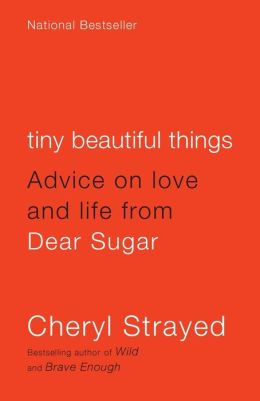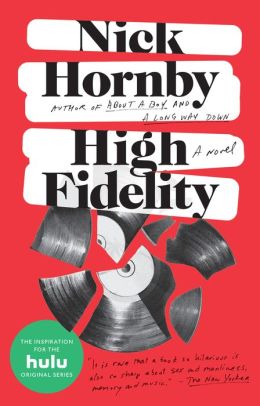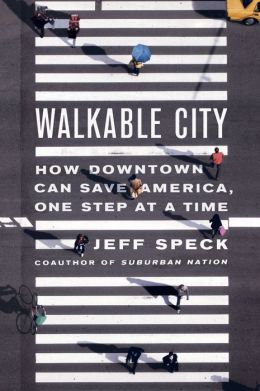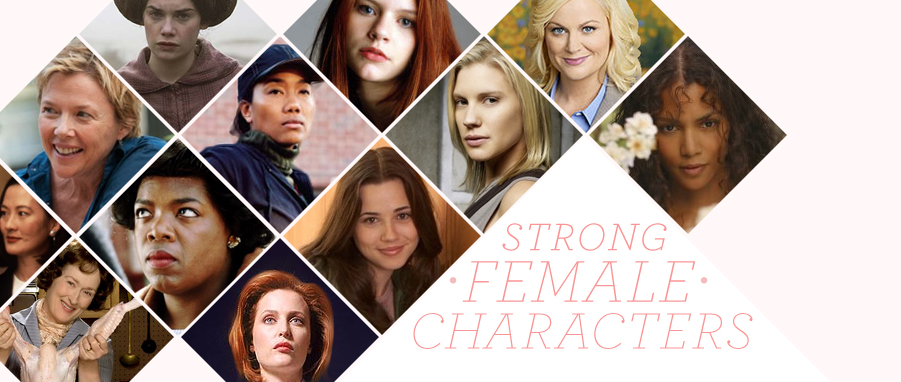 Ah, Gertrude. My soulmate, my nemesis, my role model.
Ah, Gertrude. My soulmate, my nemesis, my role model.
She is my soulmate because we are both white(ish) women who have taken a deep interest in the Middle East, making it the object of study, scholarship, and advocacy.
She is my role model because she was a woman who surpassed her menfolk colleagues in bravery, ambition, tenacity, and, in most cases, accomplishments. Back in the 1920s, of all places!
She is my nemesis because she was a British imperialist who got all up in the Arabs’ business. But to be fair, that was definitely in vogue at Whitehall in those days.
I tend to feature historical women that are uncontroversial, that I can say with almost no compunction, this is a life well-spent. Yet here I feel I diverge from that tradition. Not to say that Gertrude Bell’s life wasn’t well-spent. As intimated in my opening lines, I deeply respect and admire much about her. But whenever you get into the Middle East— or when you, specifically, get into the Middle East by way of France, America, or Britain—you’re getting into murky moral territory. Not bad, necessarily. But murky. And with serious implications to the present.
Who was Gertrude Bell? She was a British writer, traveler, and statemaker extraordinaire whose most lasting legacy was helping to establish Iraq as a nation-state. The daughter of North England iron-workers, Bell excelled as a student at Oxford, took an interest in the Middle East, got involved with a guy who died at Gallipoli (think: Turkey, Mel Gibson, running, Adagio in G, freeze-frame dying). Rendered a single lady, Bell turned all her attentions to making political history.
Bell had traveled extensively throughout the Middle East, writing about her travels and drawing maps of previously uncharted areas. By the 1910s she was playing an important role in the British colonial government and worked with the likes of T.E. Lawrence (you know, of Arabia) and Winston Churchill, scoring an invite to the male-dominated Cairo Conference in 1921. This was the conference that helped determine the borders of the British colonies—oops, I mean “mandates”—that were established in the former lands of the Ottoman Empire. The Ottomans, of course, having so recently been ass-whooped in World War I and losing their substantial Middle Eastern holdings to the Allies (though Turkey was able to speed-build a state before the British and the French could get their grubby hands on it).
As far as smoke-filled rooms go, Bell and Lawrence were smoking on the side of the underdog. Both promoted the regimes of brothers Faisal and Abdullah, two of the leaders of the Arab Revolt—literally, a revolt by the Arabs against the Ottomans during WWI, which had been partly arranged by the British to weaken their enemies internally. They kinda owed the guys, but then a lot of promises were made back then. The British were quite the international heartbreakers.
By the end of negotiations, it was decided that Faisal would be the king of a newly-created state called Iraq, while Abdullah would preside over a similarly newly-created state called Transjordan, Jordan for short. (Okay, that name change actually came later.) These regimes would be far more “indigenous” than having British dudes run the show, for sure, but it should be noted that neither Faisal nor Abdullah were “indigenous” to the areas they ended up ruling—both were from what is now Saudi Arabia. Also, it took a while for the British to actually, you know, leave. But that’s a whole ‘nother story.
Gertrude Bell spent much of the rest of her life in the Middle East, particularly in Iraq. She spoke Arabic and Persian, had what was quite a strong understanding of local politics, conflicts, and culture, and even helped to establish the Baghdad Archaeological Museum in Iraq. Her crazy idea was that art and artifacts from the region should maybe stay there to be featured in regional collections, rather than being shipped halfway around the world to the British Museum or the Louvre. Power to the non-European peoples.
She died in 1925 from what appeared to be an overdose of sleeping pills. In a 2007 review of a new book about Bell, Christopher Hitchens said that she was one of those “English people who thought other peoples, too, deserved their place in the sun.” It’s a nice sentiment, and it’s also an implicit statement on power. As I, an American with no Middle Eastern heritage, have undertaken and continue to undertake study of Middle Eastern countries, as I learn Arabic, as I go on photographic tours of Lebanon, I recognize in myself the paradox of Gertrude Bell. Is it a good or a bad thing?
(Proof that Bell is still remembered fondly to this day: Naomi Watts may or may not play her in an upcoming film. With Robert Pattinson, our most beloved star.)































